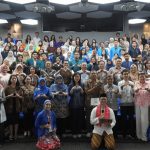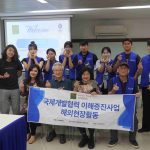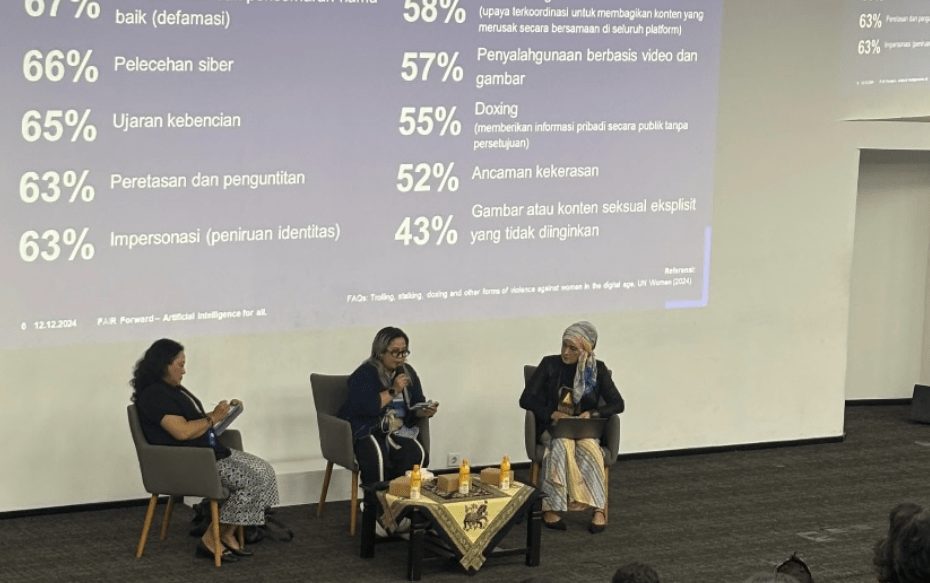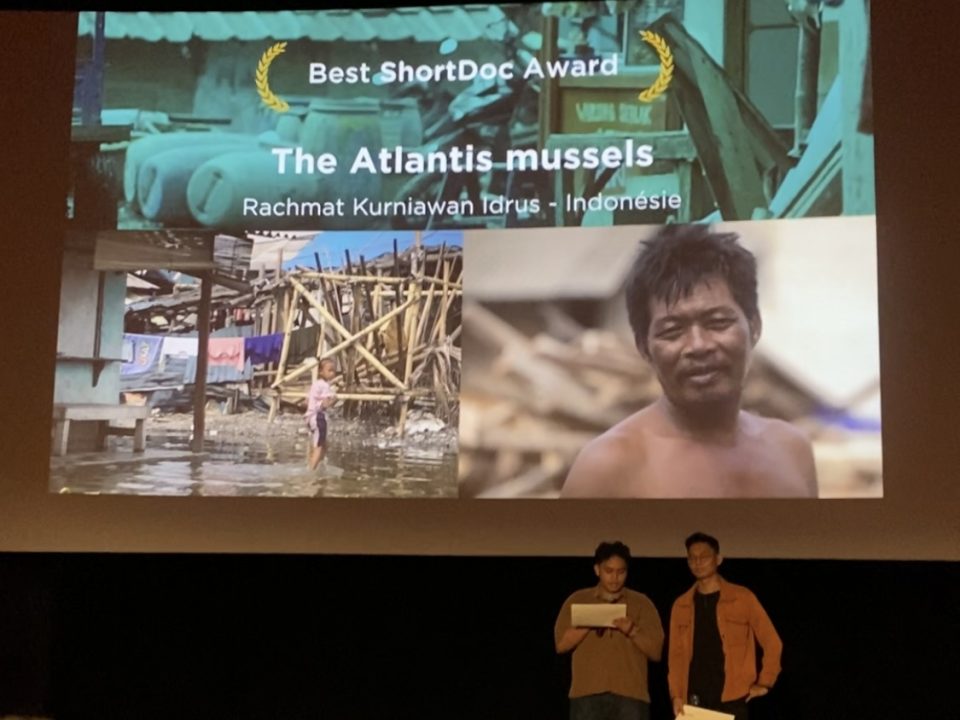
UMN Hosts ASPIKOM Summit: A Prestigious Event for Indonesian Communication Personnel
January 17, 2025
UMN and Silla University Discusses The KSU4IRTC Program and Future Collaborations
January 20, 2025
Pekantara Seminar with Carlina & Niknik. (Doc. UMN)
Tangerang – On (13/12/2024) Pekantara held another final seminar to conclude this year’s Pekantara. The event invited two speakers, Carlina Octavia ni, B. SC., M. SC, Anthropologist of Digitalization & AI Advisor FAIR Forward GIZ, and Dr. Niknik Mediyawati, S. Pd., M. Hum, UMN Faculty of Communication Science and Digital Journalism Study Program lecturer. Pekantara’s last seminar raised the theme of gender equality, “Verbal Harassment Impact On Gender Equality.”
The issue of gender equality has never been solved; we still often find problems with it. However, due to growing technology, it is becoming increasingly widespread.
“Learning about gender equality is very important in humanities studies. This issue has become a world issue and is also included in one of the SDG points. This issue has also often been discussed, and we have seen many problems from different cultural backgrounds. But looking at the digital era, we must see gender equality from the digital aspect,” said Simon Petrus, the Coordinator of Humanities Studies.
Simon hopes that this theme will help us learn more about gender equality and become a common concern in how we act with fellow humans, both in the social environment and in friendship. For Simon, the younger generation is an agent of change.
In this seminar, the first speaker, Carlina, discussed digital gender discrimination and saw increasingly advanced AI, which became a criticism of the strengthening of gender discrimination.
“Gender violence can be done digitally either with tools or platforms that use technology. In digital anthropology, if violence and patriarchy can occur directly, then this can also happen digitally,” Carlina said.
Carlina also presented data on gender violence experienced by women. 16% – 58% of women experienced gender violence online, and 85% witnessed digital violence online. Carlina also explained that misinformation and defamation are the highest in the world, and one of these trends is ‘spill the tea.’
“We ourselves must have witnessed digital harassment either from posts or comments on the internet ranging from celebrities to people we don’t even know. In addition, there is another term called Superfising, which is a coordinated effort to spread content that aims to damage online reputation,” Carlina continued.
In addition, Carlina also discussed how many parties are currently misusing AI. The simple thing is that many people create pornographic content using AI, both from photos and audio, that is intended to damage someone’s image. This concerns Carlina because the more data trained, the better and smoother AI will be in the future, and it will be increasingly difficult to distinguish between real and fake.
“This, of course, must also be considered by internet companies as well as the ethics of using social media and AI. Companies must be careful in storing public data, transparency from companies about privacy data and existing policies,” Carlina said.
Currently, there are 320,000 reports about the threat of gender violence online. Carlina advised students to use social media carefully and prioritize data privacy security.
“The internet is like a tattoo that cannot be erased and spreads quickly. Not to mention the malicious comments that will continue to follow you as the content spreads. Maintain your privacy and have healthy interactions on the internet,” Carlina concluded.
Niknik continued the seminar, discussing verbal violence in everyday life and the link between Bahasa Indonesia and the law. Today, the development of technology is not only about technology but also about how people communicate through technology.
“The potential for verbal violence must be seen from where we grow up. It can be from a family that has toxic relationships, such as harsh words. Of course, children will learn from that. Others may be the environment, friendships, schools, and campuses. Negative communication is very influential,” Niknik said.
For Niknik, verbal violence can be through harsh words, insults, and slander. Several actions can be categorized as verbal violence, such as insulting nicknames, teasing with words, manipulation, and continuous criticism.
“Giving advice and criticism is allowed as long as there is a solution and it is constructive, but not continuously. Next is blasphemy, insults, and, finally, slander. This is related to the law and can be reported legally because it violates regulations and takes away someone’s honor,” Niknik continued.
Niknik also said that students should remember three important things: locution, which means knowing what information to convey; illocution, which means we give the information; and finally, the effect of the information.
“There are so many cases that go viral in Indonesia due to misuse of the Indonesian language or misunderstanding of words. Starting from speeches, memes, and other harsh words that have been used. Maybe this is not a problem for them, but of course, we cannot normalize this,” Niknik concluded.
By Rachel Tiffany Tanukusuma | UMN News Service
English translation by Levina Chrestella Theodora
Kuliah di Jakarta untuk jurusan program studi Informatika| Sistem Informasi | Teknik Komputer | Teknik Elektro | Teknik Fisika | Akuntansi | Manajemen| Komunikasi Strategis | Jurnalistik | Desain Komunikasi Visual | Film dan Animasi | Arsitektur | D3 Perhotelan , di Universitas Multimedia Nusantara. www.umn.ac.id




